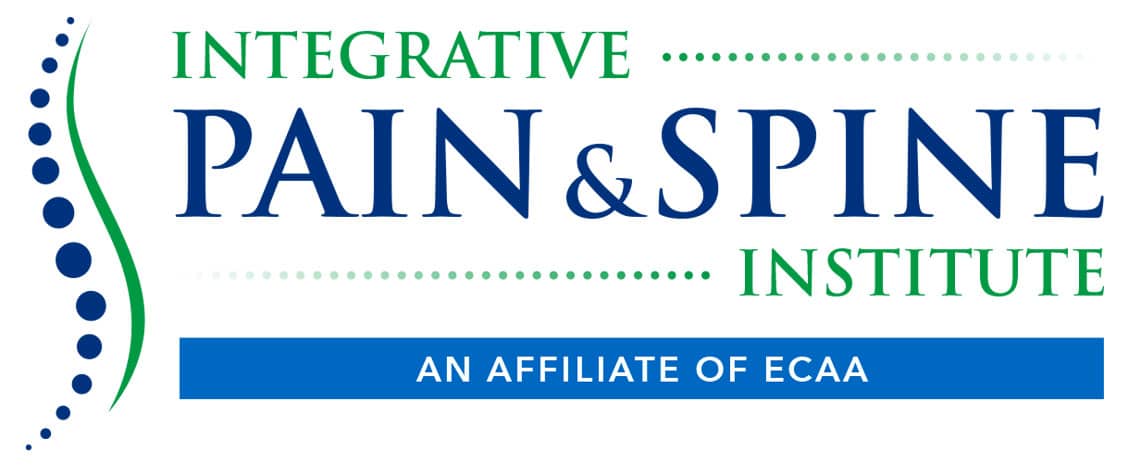Whether you have an acute injury or a chronic condition, knee pain can bring your life to a screeching halt. Thankfully, there are many solutions for knee pain including steroid and viscosupplementation injections. If you are unable to get those injections or they have not worked in the past, then a genicular nerve block might be perfect for your knee pain. Some patients have severely arthritic knees but because of health reasons, they cannot undergo the major surgery to have a knee replacement. Other patients simply choose not to do so. On the other hand, there are a handful of patients who have had a successful knee replacement, from the viewpoint of the surgeon, where the implant was placed perfectly, there were no complications nor infection, but the patient still has severe, unexplained pain, even though the arthritis was removed. These patients are a good candidate for genicular nerve blocks (GNB).
What are Genicular Nerves?
Your knee’s ability to feel and move comes from a complex network of nerves that feed into your knee. These nerves are called genicular nerves, and they include the superior medial, inferior medial, and superior lateral nerves. If any of these nerves get damaged or irritated, knee pain can result.
What’s a Genicular Nerve Block?
Think of a genicular nerve block like the electricity in your house. If you want to stop the power, you switch off the main source, so the electricity never reaches the outlets inside your home. A genicular nerve block operates under the same principle.
Dr. Manvar will inject a local anesthetic into the nerves that feed your knee, blocking the transmission of pain signals, just like turning off the main power source blocks electricity from going into your house.
Which Conditions can a Genicular Nerve Block Treat?
Genicular nerve blocks can reduce the symptoms of any knee pain that stems from nerve pain. However, knee osteoarthritis is the most common condition these nerve blocks are used for. With knee osteoarthritis, the cartilage in the knee wears down after years of use. As a result, bone ends up rubbing against bone and inflammation compresses the nerves. A genicular nerve block may be able to relieve the pain and allow you to become more mobile.
Furthermore, if you had knee replacement surgery in the past but still have pain, a genicular nerve block may relieve your symptoms. Or, if you need knee replacement surgery but can’t undergo the procedure for certain health reasons, a genicular nerve block may be able to give you relief.
Why Would you Need a Genicular Nerve Block?
Genicular nerves blocks serve two main purposes: pain control and diagnostic testing.
1) Pain control
As we mentioned, a genicular nerve block anesthetizes your nerves and blocks pain. Here’s how it works:
First, we numb your skin at the injection site, so you won’t feel any pain from the treatment. Then we inject the medication, which bathes your painful nerves with anesthesia. The process only takes a couple of minutes here in our office.
You can expect to feel relief almost immediately, but how long the relief will last can be unpredictable. Some people experience relief for a few hours, others experience relief for days or weeks, and some find that one injection solves their pain for good.
2) Diagnostic tool
Because genicular nerve blocks typically only render temporary relief, they aren’t generally used as a long-term treatment. However, they do an excellent job of helping us identify exactly which nerve is causing your pain, so we can address the specific nerve.
The procedure is the same as when we administer a genicular nerve block for pain management, but we use X-ray fluoroscopy to guide the needle to the right spot, so we can target a specific nerve or branch of nerves.
If the injection stops your pain or significantly reduces it, we know we’ve identified the culprit and can move on to treatment, which often means radiofrequency ablation. In this procedure, we use heat energy to target the offending nerve and inactivate it. Patients report up to 8-12 months of relief following a radiofrequency ablation with improved function and decreased pain.
Call us today at 704-317-1440 to schedule an appointment with Dr. Manvar to learn more about how a genicular nerve block can help your knee pain!
